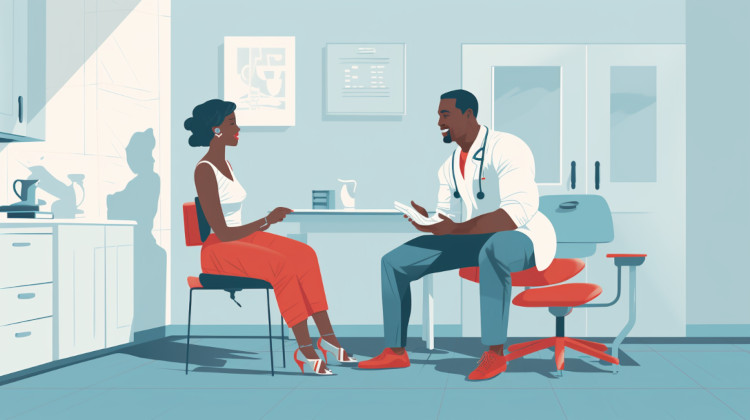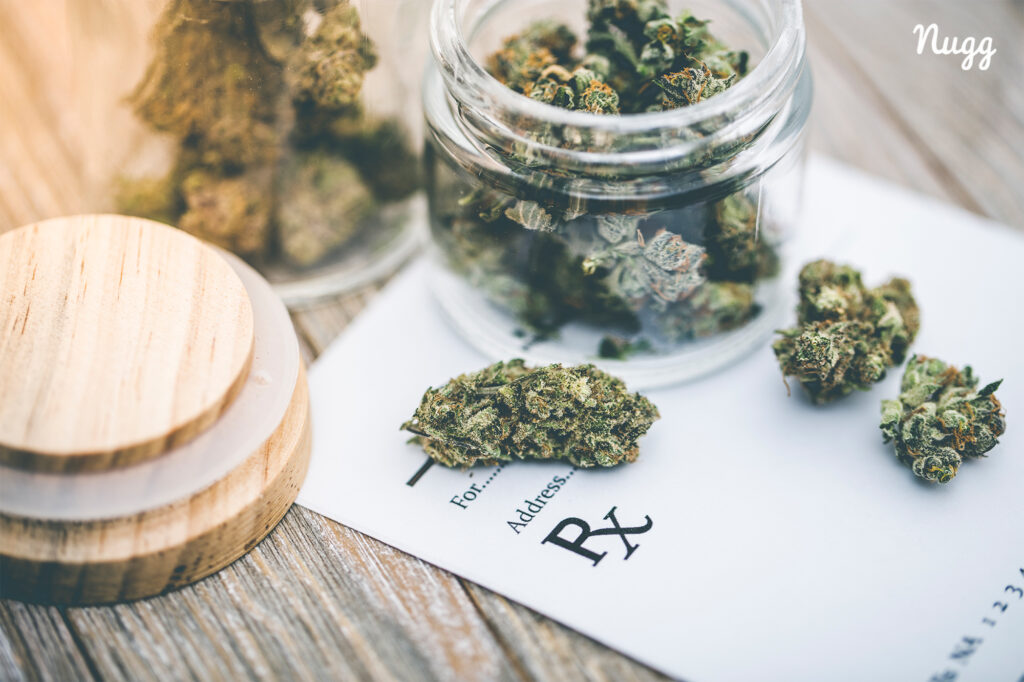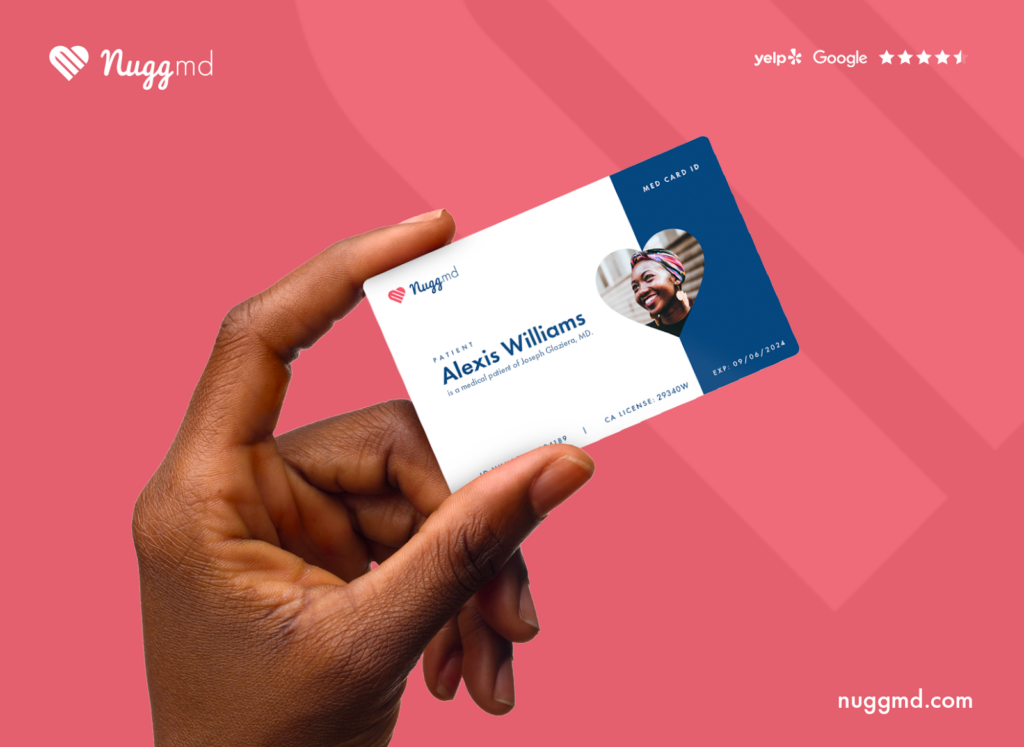
Sleep apnea is a common disorder where breathing stops and starts during sleep. People who snore or find themselves tired after a full night of sleep may have this condition. Sleep apnea has two types: obstructive and central. Sleep apnea is often treated with a continuous positive airway pressure (CPAP) machine, although improper usage of these devices is common.1
Sleep apnea, previously called Pickwickian syndrome, was originally thought to be caused by obesity until a groundbreaking report published in 1976 by a research group at Stanford University. This report detailed the signs and symptoms of “Sleep Apnea Syndromes.”2
The rate of obstructive sleep apnea is increasing in the United States, affecting an estimated 26% of adults aged 30 to 70. Central sleep apnea is more rare.3
In recent years, a new therapy for obstructive sleep apnea has emerged called Hypoglossal Nerve Stimulation. This method involves the implantation of a device similar to a pacemaker and is considered to be an effective long-term treatment.4
What Causes Sleep Apnea?
There are two main types of sleep apnea. Obstructive sleep apnea (OSA) blocks the airway during sleep, preventing regular breathing. Central sleep apnea (CSA) prevents breathing by preventing the brain from sending the proper signals. When both of these conditions occur at once, it is called complex sleep apnea syndrome.5
Certain factors can increase the risk of developing sleep apnea:
- Age: The risk of sleep apnea increases as you age.
- Genetics: A family history of sleep apnea can increase your risk.
- Lifestyle: Unhealthy habits, like smoking or drinking alcohol, can affect how your brain sends signals to your airway and chest.
- Sex: Sleep apnea is more common in men than women.
OSA-specific risk factors:
- Body type: Having tonsils or a neck that is larger in size can narrow your upper airway.
- Endocrine disorders: Fluctuations in hormone levels can change your face, tongue, and airway shape.
- Use of sedatives or tranquilizers: Certain substances can relax muscles in your throat, impacting airflow.
- Nasal congestion: Allergies or other conditions can lead to difficulty breathing.
- Obesity: This condition can lead to increased fat deposits that restrict breathing through the upper airway.
- Medical conditions: Some conditions, like heart or kidney failure, can build up fluid in the neck that obstructs the upper airway.
CSA-specific risk factors:
- Use of opioids: Opioid use can change the way your brain controls how you sleep.
- Medical conditions: A stroke can increase the risk of CSA.
- Premature birth: Babies born before 37 weeks may have breathing problems and CSA, but the risk usually diminishes as the baby grows older.
Signs & Symptoms of Sleep Apnea
If you have sleep apnea, you may experience one or more of the following common symptoms:
- Breathing repeatedly stops and starts while sleeping (usually reported by a partner)
- Loud snoring
- Gasping or choking while asleep
- Dry mouth when awake
- Sleepiness and fatigue during the daytime
- Inability to focus
- Sexual dysfunction
- Headache or irritability
Obstructive sleep apnea is classified as mild, moderate, or severe. Not all people with sleep apnea need treatment, but severe sleep apnea that is uncontrolled can lead to long-term health problems, like high blood pressure.
Sometimes, patients undergoing treatment for OSA start to exhibit symptoms of CSA. When this happens, doctors diagnose treatment-emergent central sleep apnea (TECSA). TECSA is more common among opioid users and patients with cardiovascular and cerebrovascular diseases. TECSA sometimes resolves over time; more study is needed to discover potential treatment methods.6
Can Cannabis Help Alleviate Symptoms of Sleep Apnea?

The role that cannabis may play in treating sleep disorders has not been clearly defined, even though one of the most common reasons people use medical cannabis is to address poor sleep.7
A 2022 review of clinical research revealed contradictory evidence about whether cannabinoids have the potential to disrupt the sleep cycle. Other studies have looked into the effect specific cannabinoids may have on symptoms of sleep apnea.
- In the early 2000s, researchers gave THC and oleamide to sleep apnea rats. They found that certain cannabinoids have the potential to inhibit serotonin-induced sleep apnea and stabilize respiration. While this was an animal study, it has implications for breathing-related sleep disorders in humans.8
- A 2013 proof-of-concept trial investigated the safety, tolerability, and efficacy of Dronabinol (synthetic THC) for the treatment of obstructive sleep apnea in 17 adults. Researchers observed a significant reduction in the severity of symptoms with no serious adverse events and called for additional long-term studies.9
- In 2017, researchers gave Dronabinol to rats with central sleep apnea. While THC did reduce sleep apnea, it also reduced the length of REM sleep. These implications can also be applied to obstructive sleep apnea.10
- A 2018 randomized controlled trial (RCT) studied sleep apnea symptoms when treated with Dronabinol. Although apnea symptoms were reduced and there was evidence of greater treatment satisfaction, the results were insufficient when compared to the placebo group, and mild adverse effects were common.11
While some results are promising, the overall research regarding cannabis and sleep apnea is inconclusive, and further investigation with standardized testing methods is warranted. THC has been shown to reduce symptoms of sleep apnea in animals but may also cause a disruption to the sleep cycle. Many of the studies involving humans used synthetic THC, which may have a different effect from natural THC and other cannabinoids. Additionally, more study is needed on the long-term efficacy and safety of cannabis for sleep apnea.
In 2018, the American Academy of Sleep Medicine stated that people should refrain from using medical and synthetic cannabis for sleep apnea, citing unreliable delivery methods and insufficient evidence of efficacy, tolerability, and safety.12 In the previous year, Minnesota added obstructive sleep apnea as a qualifying condition for medical cannabis, which may have triggered this statement.
Until more conclusive research is available, people with sleep apnea should be cautious about cannabis use. Anything that has the potential to restrict airways, like smoking marijuana, can potentially increase the risk of sleep apnea. The short- and long-term effects of cannabis on cognition, which could have implications for central sleep apnea, are also not fully understood.
So far, there have not been any significant findings about the effects of terpenes on sleep apnea; instead, focus on cannabinoids. CBD has been highlighted for its relative safety in adults but still comes with side effects like dry mouth, reduced appetite, and fatigue. THC may be able to relieve symptoms of sleep apnea, but studies mainly look at its synthetic form. Cannabis also has the potential to interact with any medications you may be taking for sleep apnea or other conditions.
Consult with your healthcare provider before using medical cannabis for sleep apnea or its symptoms.
Legality and Doctor’s Recommendation
To determine if your state considers sleep apnea to be a qualifying condition for medical marijuana, check out our Laws & Regulations section for the medical cannabis rules for your state.
If you find that your state recognizes sleep apnea or its symptoms as a qualifying medical condition, you can seek a doctor’s recommendation to get your medical cannabis card in your state.
How NuggMD Can Help

NuggMD is the nation's leading medical marijuana technology platform, serving patients in over half of the United States. We’ve connected over 2,000,000 patients with their new medical marijuana doctors face-to-face via our state-of-the-art telemedicine platform.
We believe that every human being has the right to explore the benefits of medical cannabis and are fully committed to helping each patient explore all of their options in their journey to wellness. For further information on whether you qualify for medical cannabis, select your state.
References
- Rapelli G, Pietrabissa G, Manzoni GM, et al. Improving CPAP Adherence in Adults With Obstructive Sleep Apnea Syndrome: A Scoping Review of Motivational Interventions. Frontiers in Psychology. 2021;12:705364. doi:https://doi.org/10.3389/fpsyg.2021.705364
- Pevernagie DA, Gnidovec-Strazisar B, Grote L, et al. On the rise and fall of the apnea-hypopnea index: A historical review and critical appraisal. J Sleep Res. 2020;29(4):e13066. doi:10.1111/jsr.13066
- Donovan LM, Kapur VK. Prevalence and Characteristics of Central Compared to Obstructive Sleep Apnea: Analyses from the Sleep Heart Health Study Cohort. Sleep. 2016;39(7):1353-1359. Published 2016 Jul 1. doi:10.5665/sleep.5962
- Maresch KJ. Hypoglossal Nerve Stimulation: Effective Longterm Therapy for Obstructive Sleep Apnea. AANA J. 2018;86(5):412-416.
- Khan MT, Franco RA. Complex sleep apnea syndrome. Sleep Disord. 2014;2014:798487. doi:10.1155/2014/798487
- Zhang J, Wang L, Guo HJ, Wang Y, Cao J, Chen BY. Treatment-emergent central sleep apnea: a unique sleep-disordered breathing. Chinese Medical Journal. 2020;133(22):2721-2730. doi:https://doi.org/10.1097/CM9.0000000000001125
- Azcarate PM, Zhang AJ, Keyhani S, Steigerwald S, Ishida JH, Cohen BE. Medical Reasons for Marijuana Use, Forms of Use, and Patient Perception of Physician Attitudes Among the US Population. J Gen Intern Med. 2020;35(7):1979-1986. doi:10.1007/s11606-020-05800-7
- Carley DW, Paviovic S, Janelidze M, Radulovacki M. Functional role for cannabinoids in respiratory stability during sleep. Sleep. 2002;25(4):391-398.
- Prasad B, Radulovacki MG, Carley DW. Proof of concept trial of dronabinol in obstructive sleep apnea. Front Psychiatry. 2013;4:1. Published 2013 Jan 22. doi:10.3389/fpsyt.2013.00001
- alik MW, Carley DW. Effects of Cannabinoid Agonists and Antagonists on Sleep and Breathing in Sprague-Dawley Rats. Sleep. 2017;40(9):zsx112. doi:10.1093/sleep/zsx112
- Carley DW, Prasad B, Reid KJ, et al. Pharmacotherapy of Apnea by Cannabimimetic Enhancement, the PACE Clinical Trial: Effects of Dronabinol in Obstructive Sleep Apnea. Sleep. 2017;41(1). doi:https://doi.org/10.1093/sleep/zsx184
- Ramar K, Rosen IM, Kirsch DB, et al. Medical Cannabis and the Treatment of Obstructive Sleep Apnea: An American Academy of Sleep Medicine Position Statement. Journal of Clinical Sleep Medicine. 2018;14(04):679-681. doi:https://doi.org/10.5664/jcsm.7070
The information in this article and any included images or charts are for educational purposes only. This information is neither a substitute for, nor does it replace, professional legal advice or medical advice, diagnosis, or treatment. If you have any concerns or questions about laws, regulations, or your health, you should always consult with an attorney, physician or other licensed professional.

